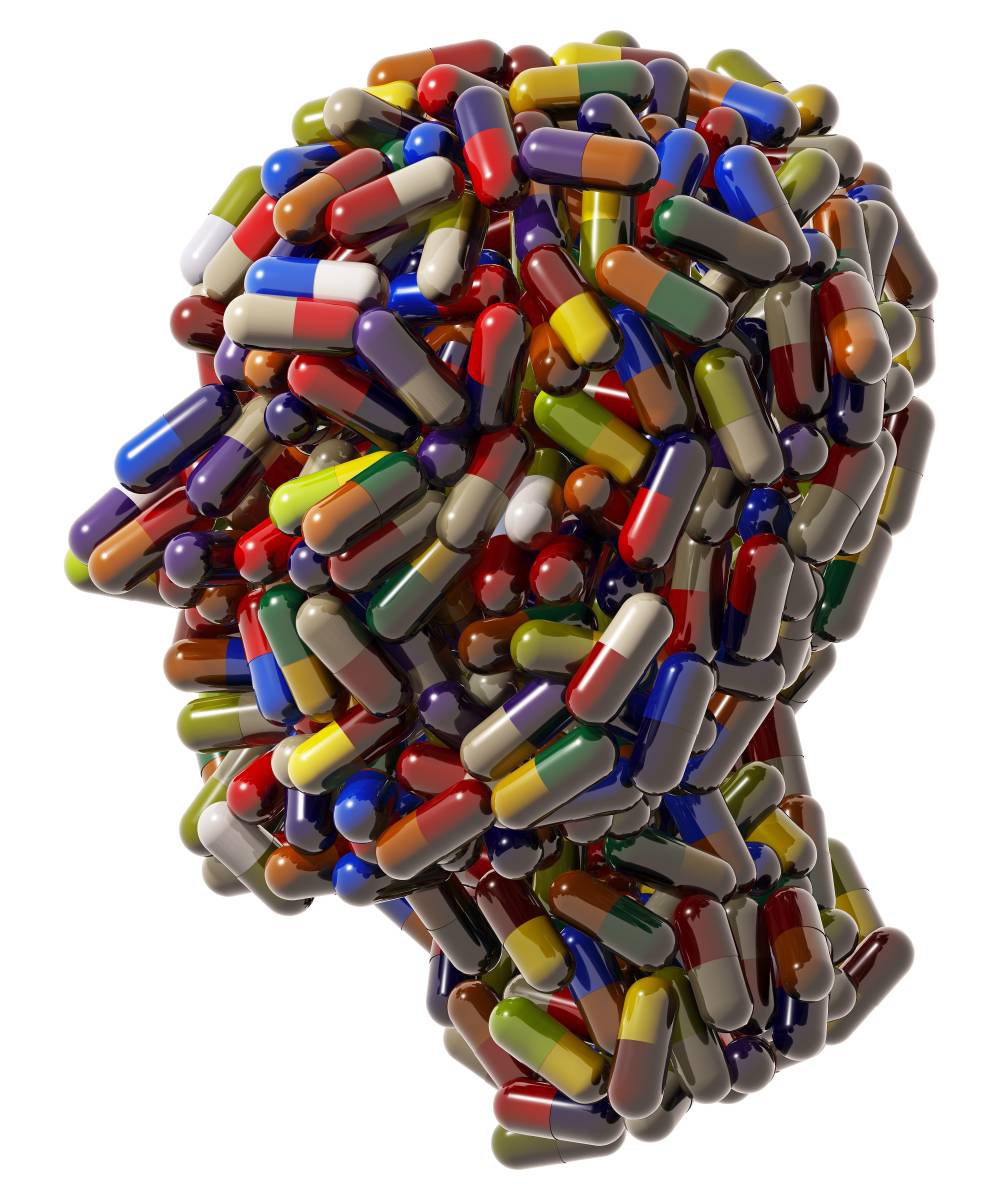The creation of the African Continental Free Trade Area (AfCFTA) presents a great impetus to boost the continent’s pharmaceutical industry
The creation of the African Continental Free Trade Area (AfCFTA) presents a great impetus to boost the continent’s pharmaceutical industry, Ghana’s Deputy Minister for Trade and Industry Michael Okyere Baafi said.
Opening the West Africa Pharm and Healthcare (WAPHC) show, Baafi urged players in the industry to take advantage of the opportunities in the AfCFTA to expand their capacities to make Africa’s pharmaceutical industry globally competitive and more profitable.
“The AfCFTA is an exceptional opportunity for Africans to explore Africa and explore our potentials before any other person comes in,” he said. “And doing business like that means you will expand your horizon and increase your production and profitability to give meaning to your existence as a business.”
He said the Ghanaian government is giving meaning to these aspirations through efforts to elevate some Ghanaian pharmaceutical companies to reach the World Health Organization’s best manufacturing practice standards and to enable them to participate in international procurements both on the continent and globally.
“I encourage many Africans gathered here who are in the pharmaceutical business that the AfCFTA is your baby. We should take advantage of it and encourage African leaders to prioritize these activities, because it has come as a blessing to Africa,” Baafi said.
The three-day WAPHC show comprising conferences and exhibitions is organized under the aegis of the Association of Ghana Industries (AGI) and the Federation of Indian Chamber of Commerce and Industries.
With the coming into force of AfCFTA, AGI CEO Seth Twum Akwaboah said, industries on the continent should be prepared for keener competition among themselves, whether they choose to export or produce for their domestic markets.
“To prepare and take advantage of the opportunities, you must have good governance systems and upscale your investments. You should also identify the right products and produce to the standards that can meet requirements everywhere, so nobody can say your goods do not meet their standards,” Akwaboah told Xinhua in an interview.
Moreover, he said, African industries need adequate financing to rise to the occasion.
“This financing should be medium- to long-term, on flexible terms with competitive rates. That will enable businesses to grow and enter the AfCFTA market,” Akwaboah said.
Fight Against Malaria
The World Health Organization (WHO) has called for continued innovation and increased investment in fighting malaria.
The WHO announced that over 1 million children have been vaccinated against the disease in Ghana, Kenya and Malawi, using the world’s first malaria vaccine, reports Xinhua news agency.
If widely deployed, it estimates that the vaccine could save the lives of an additional 40,000 to 80,000 African children each year.
However, according to the WHO’s 2021 World Malaria Report, global progress in reducing malaria cases and deaths has slowed or stalled in recent years, particularly in the countries hardest hit by the disease.
The report notes the need for continued innovation in research and development into new tools, if the world is to achieve the 2030 targets of the WHO malaria strategy.
To meet the targets, the WHO has asked for an average annual R&D investment of $851 million from 2021 to 2030, up from the $619 million invested in malaria-related R&D in 2020.
New investment aside, the WHO has also called for making better use of the existing tools to fight malaria.
For instance, countries hardest hit by malaria have been collecting and analyzing malaria data to better understand the geographical spread of the disease.
Instead of applying the same approach to malaria control everywhere, these countries are considering using tailored packages of interventions informed by local data.
Malaria is a life-threatening disease caused by parasites that are transmitted to people through the bites of infected female Anopheles mosquitoes. In 2020, the estimated number of deaths from the disease stood at 627,000. However, malaria is both preventable and curable.
According to the WHO, Africa carries a disproportionately high share of the global malaria burden, with 95 per cent of cases and 96 per cent of deaths from the disease in 2020 occurring in this region.
Children under five accounted for about 80 per cent of these deaths.

Leave a Reply